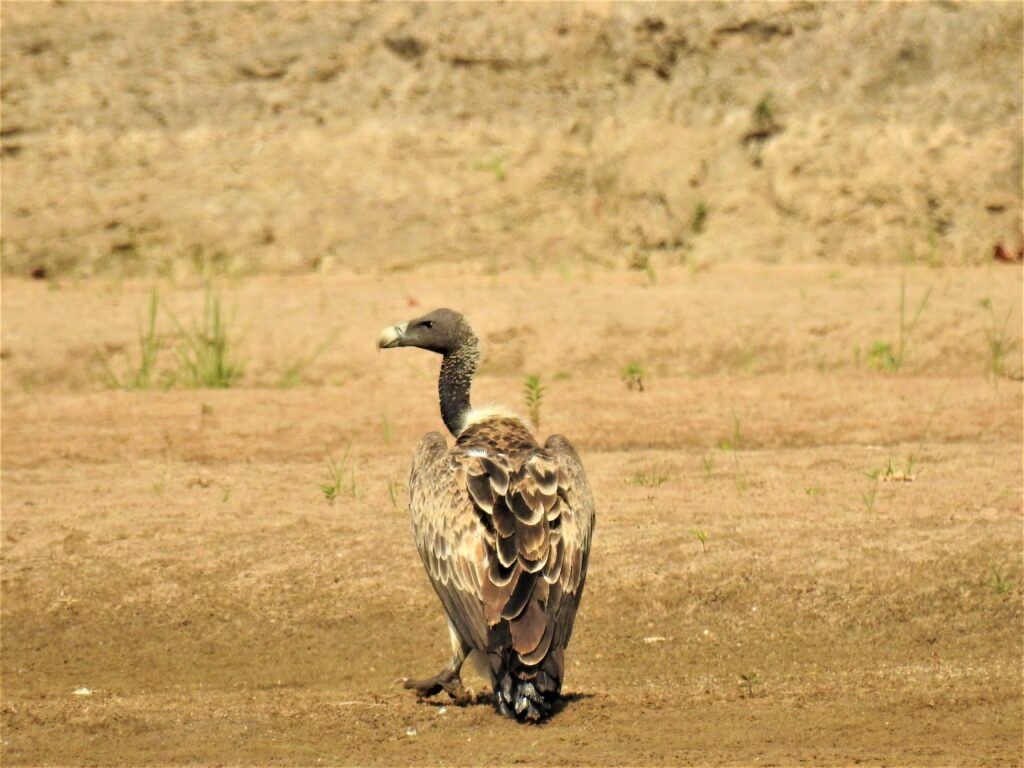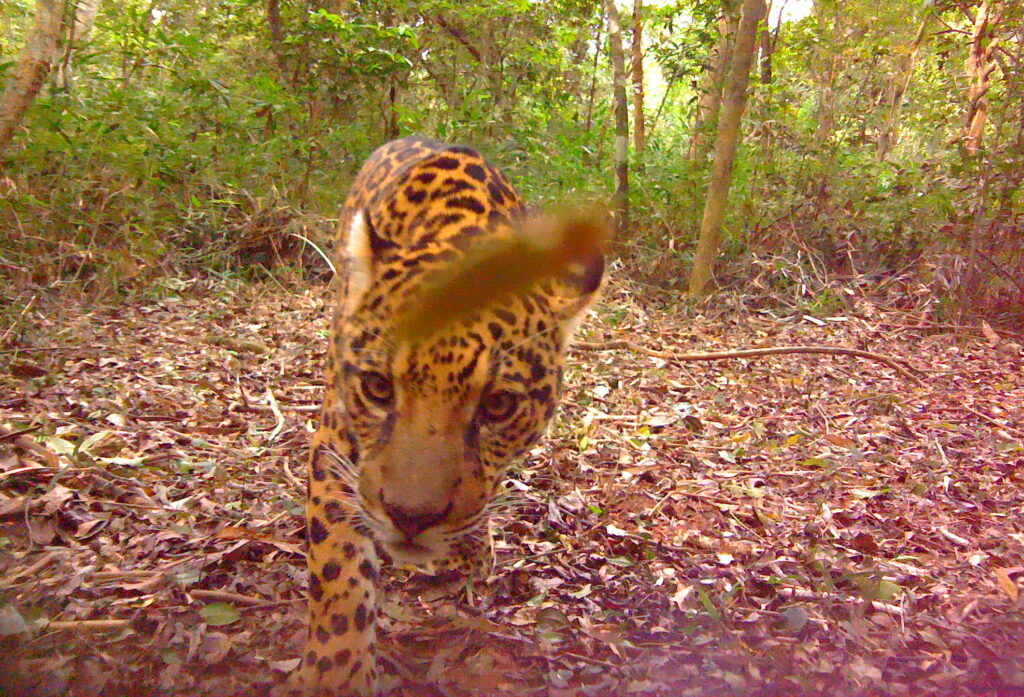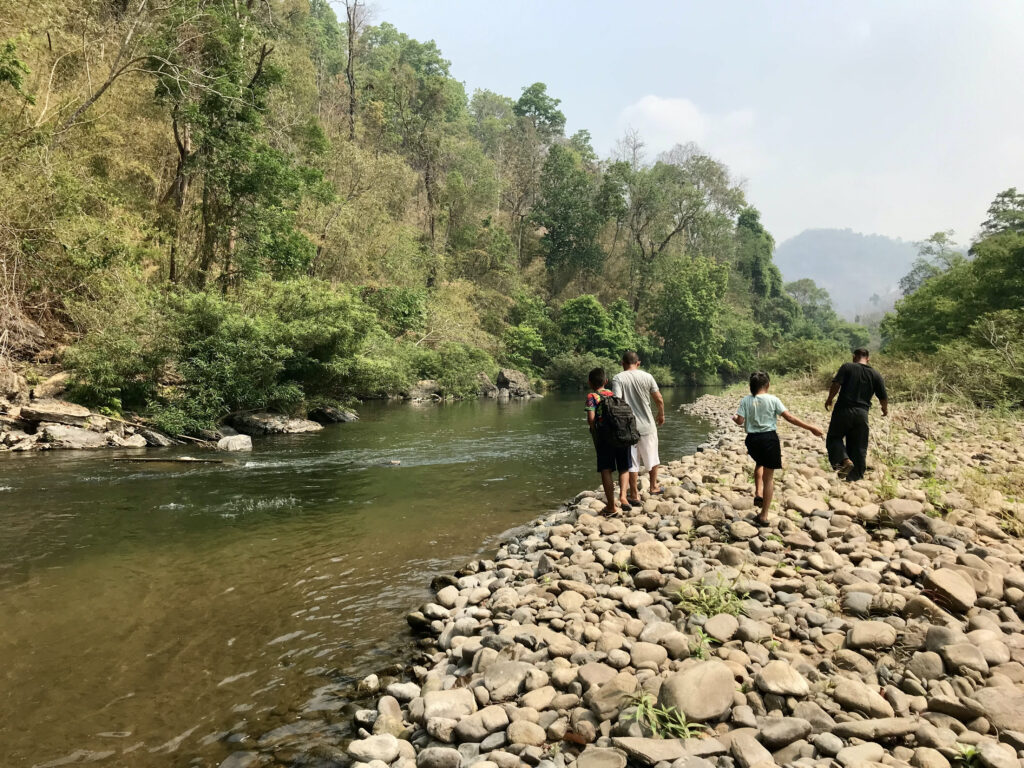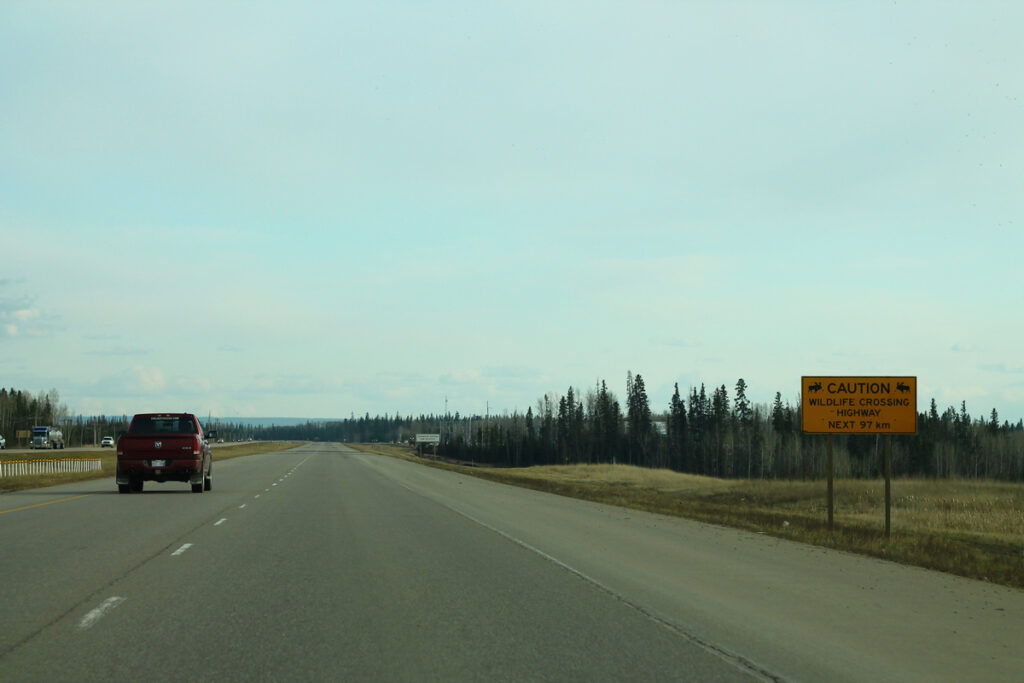
The denial of scientific evidence and consensus is a growing global concern, demonstrated perhaps most clearly in debates over climate change. Science deniers are rightly chastised for their attempts to prevent progress on pressing social and environmental issues. But allegations of science denial must be well-founded or they risk eroding public trust in science and scientists.
Recently, a few invasion biologists claimed that 67 writers and researchers were ‘invasive species denialists’ – that they rejected the consensus that some introduced species cause harm. These claims were published in a reputable science journal. But being familiar with the work and perspectives of many of the accused, we were sceptical of the claims, and so we re-evaluated the evidence for the accusations.
Our results showed that the allegations of invasive species science denialism were misplaced. None of the accused was found to dispute scientific facts. Further, only a few of the articles we reviewed contained text consistent with science denial. How could the accusers have got it so wrong?
Two reasons. First, the accused all variously disputed the cultural value judgements that underpin the science of invasion biology. Their accusers misinterpreted this as a denial of facts when it was really just a robust critique of the subjective assumptions that the discipline of invasion biology is built upon. Second, we think that the accusations reflect a lack of open-mindedness by some invasion biologists. Are they welcoming to new ideas and critique from other disciplines? Do they encourage a diversity of contributions, including from non-scientists? We found that there was room for improvement in how some invasion biologists relate to those with other experience and expertise.
So, should we be worried about science deniers? Yes, but not so much in invasion biology. We should also be wary of attempts by some to use the label of ‘science denial’ to shut down the valid criticisms and productive contributions of others.
Further Reading:





